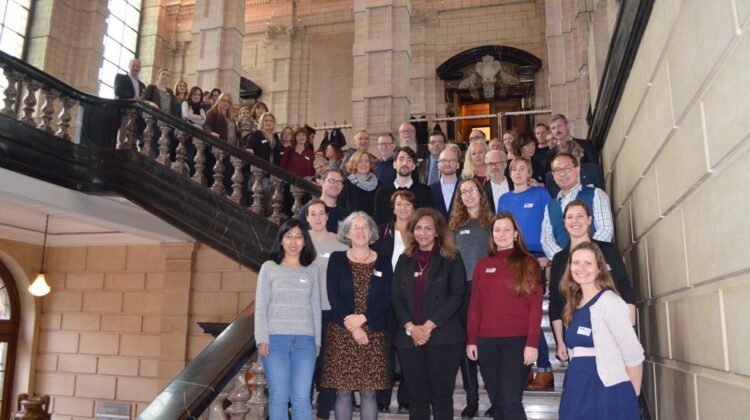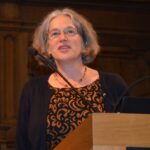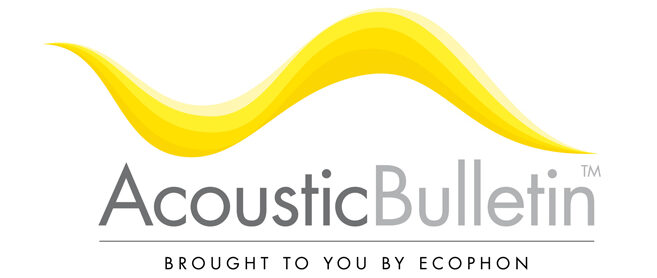
The four-year iCARE project, dedicated to improving children’s auditory rehabilitation, is coming to an end this year. We’ve invited the project manager, Professor Dr. Astrid van Wieringen, to share her reflections on the project and what’s up next.
The EU promotes the active inclusion and full participation of disabled people in society. However, full, active inclusion of persons with hearing impairment in an oral society can only be achieved through cooperation and involvement across disciplines (language, psychology, audiology, engineering, special education,…). It is therefore of fundamental importance to approach the inclusion of children with hearing impairment in an interdisciplinary manner and to train future experts to adopt such principles in their research and practice.
The objectives of improving Children’s Auditory REhabilitation (iCARE) have been twofold: 1) to provide training to create a new generation of researchers capable of exploiting the synergies between different disciplines to optimize spoken communication in children with hearing impairment, and 2) to combine research across disciplines to develop novel methods, training skills and procedures for improving auditory rehabilitation. More details can be found on the iCARE website. In December 2017 the 4-year FP7 iCARE project is coming to an end.
Many partners make the project one of it’s kind
iCARE has involved 16 European partner institutions (7 academic full-partners, 2 industrial full-partners, and 7 associated academic partners). The training consortium is unique because it involves academic, industrial, and socio-economic partners who are from very different disciplines, yet who are all of utmost importance to the core issue: optimizing the inclusion of children with hearing impairment in an oral society.
iCARE has provided a research and training environment that is not realizable by any of the participating partners. It was built on four pillars:
- Communication accessibility – to optimize inclusion for all children with a uni/bilateral, mild, moderate, severe, or profound hearing loss in the oral society.
- Improved acoustics – to ascertain optimal room acoustic conditions regarding understanding speech in complex acoustic environments
- Auditory remediation – to assist in building communication skills among children, teachers, and caregivers
- Integration and e-learning – integrate knowledge across disciplines and develop and evaluate e-learning modules for the training of the fellows
The role of the industry has been essential in this training. Through interdisciplinary and intersectoral training, fellows have gained important and relevant experience. The balanced distribution of leading experts in hearing, education, information technology, acoustics, and international and intersectoral involvement guarantees for a well-rounded training and research experience.
The project will continue to deliver even after the official end

Several individual achievements have been made to advance the field and the different fellows are still involved in their research; the papers are coming out one by one. The research will also progress through new grants and if we get the funding it would be great to have a reunion next year.
My work will also continue; we have developed e-learning modules according to the 4CI/D model to train postgraduate fellows on aspects of auditory rehabilitation. These are still being evaluated and I hope to deliver more in 2018.

